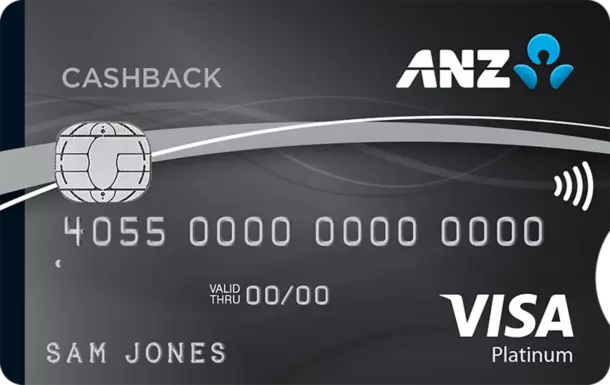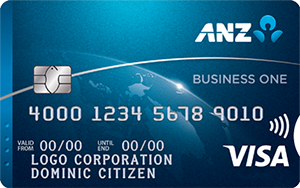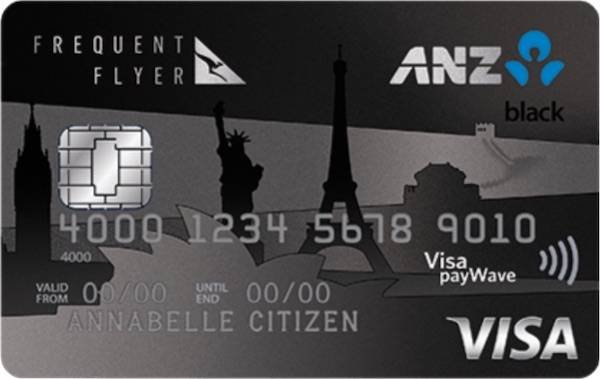With so many different credit cards available for various uses, it’s easy to accumulate a collection of cards. However, managing multiple credit cards can quickly become overwhelming, especially if you don’t have a system in place to keep track of bills and balances. In this blog, we’ll provide some tips and tricks for organizing your credit cards and staying on top of your finances.
Keep a list of cards and features
One of the best ways to keep track of your credit cards is to create a list of each card and its features. Include important details like the date you opened the card, annual fee, interest rate, payment due date, the remaining balance (if applicable), and rewards program information.
You can use a personal finance app, spreadsheet, note-taking app, or handwritten list to create your system. Keeping track of your credit cards will help you stay on top of your finances and avoid any surprise fees or missed payments.
Give each card a purpose
Your credit card collection is like a toolbox, and each card serves a different purpose. Use your list to determine which card is best for each transaction. Consider not only rewards programs, but also any additional perks that each card may offer.
For example, if you’re booking travel, a card with travel insurance may be more valuable than a card with a higher rewards rate. Keep a cheat sheet in your wallet or car, label your bank credit card with stickers or markers, or even write the relevant spending categories on each card to help you remember which card to use.
Carry only the cards you use ‘in the wild’
You don’t need to carry all of your credit cards with you at all times. Only keep the cards you use frequently in your wallet, and store the others in a safe place. Assign each card you carry a specific slot in your wallet to make it easier to find the card you need.
Limiting the number of cards you carry not only frees up space in your wallet but also reduces the number of replacement cards you’ll need if your wallet is lost or stolen. Make sure to use each card at least once every few months to avoid having the card issuer reduce your credit limit or close the account.
Simplify your ‘payment due’ dates
Having multiple payment due dates can be confusing and stressful. To simplify your payments, consider requesting that all of your credit cards have the same due date. Some card issuers allow you to set this up online, while others may require a phone call.
Additionally, sign up for credit card alerts to receive notifications when your bill is due, when your balance exceeds a certain amount, when your credit report arrives, or when your card is used for purchases above a set amount. Finally, consider setting up automatic payments to ensure that your bills are paid on time each month.
Conclusion
Managing multiple credit cards doesn’t have to be overwhelming. By creating a list of your cards and their features, giving each card a purpose, carrying only the cards you use frequently, and simplifying your payment due dates, you can stay organized and on top of your finances.
These tips will help you avoid missed payments, reduce the risk of fraud, and maximize your rewards card programs. With a little organization, managing your credit cards can be a breeze.





